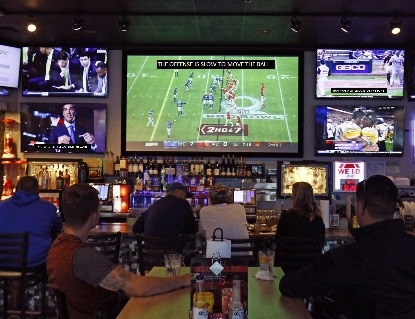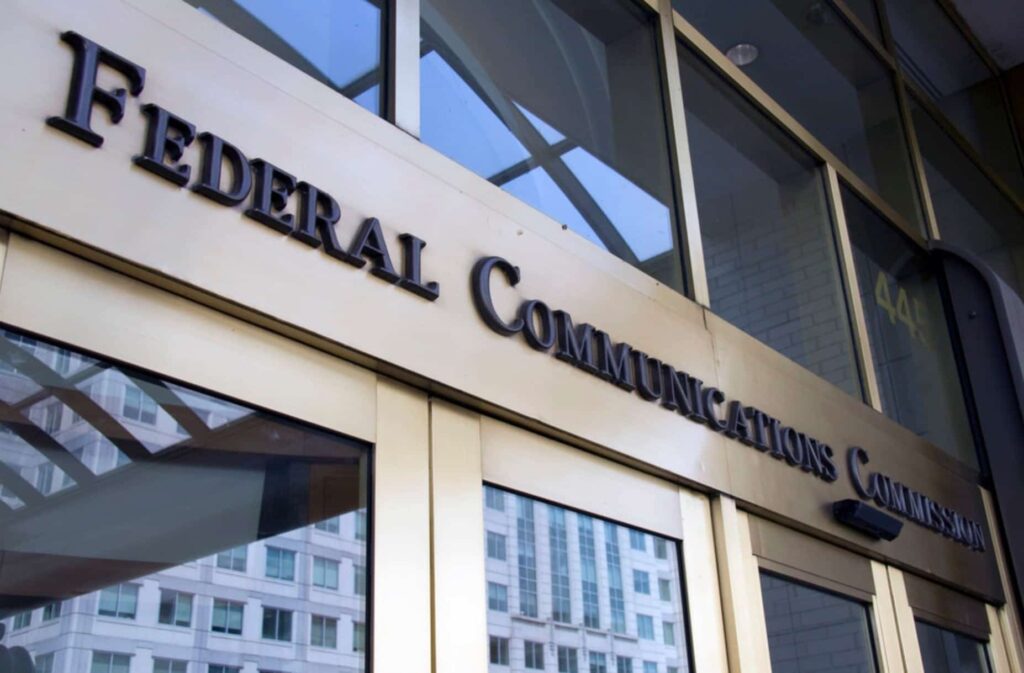A bill signed by Gov. Jay Inslee will make Washington the first state to require that businesses display captions on televisions in public places.
SB-5027 will require public places like restaurants, sports bars, fitness centers, and hospital waiting rooms to display captions on at least one of its public-area televisions capable of doing so. The bill outlines fines for violations, and sets a 30-day time frame for owners to comply with the law in order for the fine to be dismissed.
Further, the Washington State Human Rights Commission will prepare an educational pamphlet advising employers and employees of their duties and liabilities. The pamphlet will be made available online, and available for employers to use for training purposes.
The bill received unanimous support from the state legislature and was supported by the Washington State Association of the Deaf, the Seattle Commission for People with Disabilities, and the Washington Court Reporters Association. It is slated to go into effect on July 25.
The new statewide law follows similar ordinances enacted at city levels across the country, including those passed in Seattle, Washington, Rochester, New York; San Francisco, California; Portland, Oregon; Ann Arbor, Michigan; and Pawtucket, Rhode Island.
Captioning Benefits
Since their introduction to television audiences in the early 1970s, closed captions have expanded beyond the media and entertainment borders. They are now ubiquitous in corporations, classrooms, sporting events, arenas, and everywhere inclusion and accessibility is required and desired.
There are more than 48 million Americans in the deaf and hard-of-hearing community who benefit from captioned content each day. Included in that number is:
- an estimated 1 in 5 teens who experience some degree of hearing loss
- millions of people over the age of 62 who suffer from hearing loss but do not use hearing aids
- more than 2.5 million veterans who receive disability compensation for service-connected hearing disabilities or who are in treatment for related hearing issues.
But the deaf and hard-of-hearing aren’t the only consumers of closed captions. Add the growing number of Americans who watch content in environments where it’s impossible to hear the audio and the number of people who rely on captions grows substantially larger.
VITAC has been a leader in captioning and accessibility services for the past three decades, and creates only the highest quality live and offline captions. Our clients include those in the media and entertainment, education, corporate, government, and event center sectors.
Talk to one of our dedicated customer service representatives for more information and to learn how we can help you become more accessible today.




